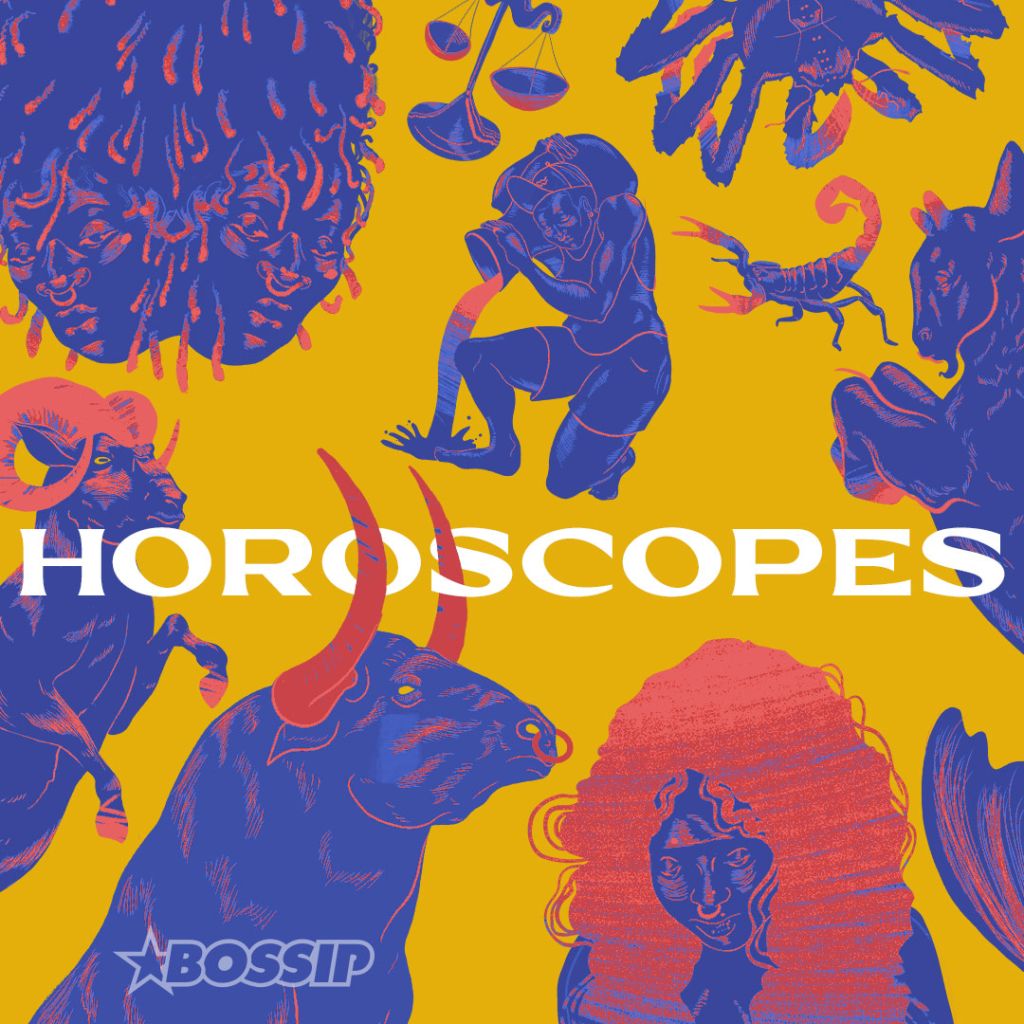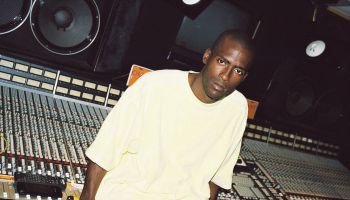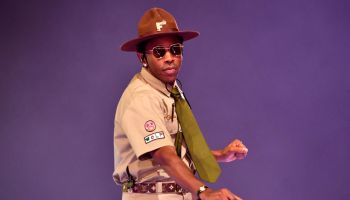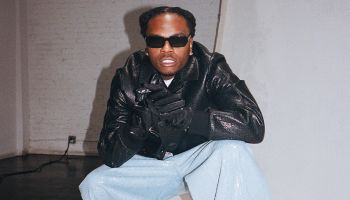When you are an award winning director, folks do come to you with offers. But when other award-winning colleagues such as Martin Scorsese and Jonathan Demme pass on the same project, you have got to wonder about what you are singing up for. Yet Kevin McDonald, the award-winning director of the new documentary “Marley” feels that he was destined to tell the story of the life of the Jamaican international star, Bob Marley, considered by many as the first superstar from a third-world country.
Destiny or not, in order to take on and complete the documentary, McDonald had to secure not only the support and cooperation of the Marley family, but also of the many collaborators and friends who worked closely with Marley.
One of the collaborators featured in the movie is Virginia resident, Jamaican-born and London raised musician and composer Junior Marvin (aka Donald Hanson Marvin Jr.), who was the Wailers lead guitarist from 1977 until Marley’s death in 1981, and who feels the movie does tell the story. “There were a lot of things left out…a great part of the story was not told but after watching the movie there was enough there to let you know what Bob was pretty much like as a human being, as a musician, as a father.” In this case, enough seems more than plenty.
Confident and comfortable in his knowledge and fond memories of Marley – or Bob, as he fondly calls him – Junior, who is still recording, performing and going on tour with his own band, is generous about sharing his memories of being the lead Wailer guitarist.
It was the shooting of Marley in December of 1976 that directly led to Junior joining the band. Chris Blackwell, the founder of Island Records, supplied transportation for the entire band to leave Jamaica the morning after the concert Smile Jamaica concert. The first stop was Nassau, Bahamas where the process of recording the album Exodus began. The entire shooting incident seems to have upset the lead guitarist at the time, Donald Kinsey, who decided to leave the band.
Less than two months later, came the calls that changed Junior’s life. On Valentine’s Day, 1977, Blackwell rang Junior to say he was coming by to pick him up and together they would go meet somebody. He was asked to bring his guitar.
As the story goes, while Blackwell sat in his Rolls Royce right outside Junior Oxford Gardens’ home, the house phone rang. Much to Junior’s surprise, it was Stevie Wonder on the line. He immediately assumed it was a hoax and wondered, quite logically, why Stevie Wonder would call him until Stevie mentioned Marlo Henderson.”
Before being Wonder’s guitar player, Henderson was the second guitar player in one of Junior’s own albums. Henderson could not go on the road with Wonder and recommended Junior to take his place. Before the 10-minute conversation was over, Wonder had offered him a 10-year contract. Junior jotted Wonder’s number down and promised to call back once he was done with his next appointment…
He said nothing to Blackwell about the call as they rode to Chelsea and parked on Oakley Street. Junior describes going into this really nice apartment and seeing “this man with his back to him and big dreads and an even bigger aura. Some people you never see an aura around them…and with his back to me I saw this big aura and he turned around and I saw this really good looking man with a big grin on his face and it was Bob Marley.”
Marley flattered Junior right away by sharing that he had heard he was known as the young Jimi Hendrix of London…then he asked him to jam a couple of songs which turned into a two-hour jamming session of songs that Junior had never played before… And just like that, “he slaps five with me and says “Welcome to the Wailers”. Clearly the jamming session was a success.
“I called Stevie first and told him that I had just been asked to join Bob’s band”. Not surprisingly, Wonder told him to try it out with Bob and if it did not work out to give him a call…
[pagebreak]
Not unlike many other recording artists today, a lot of songs credited to Marley were actually written by others or in collaboration with others. Take the song “No Woman no Cry”, for instance. According to Junior, this song was written by a Trenchtown man named Tata, a gentleman who lived in a wheelchair.”He was a songwriter but had no chance to be a performer because of his condition. And he knew Bob…he gave the song to Bob, and it became number 1. This happened with a lot of his songs. Junior shares that in another instance, “like “Could you be Loved”…that was one of my songs that I gave to Bob. And Bob would compensate you….it happens everywhere…it happens all the time.”
Marley may be alive today if he had listened to different medical advice. Junior believes that since “Bob was not accustomed to going to the doctor for checkups… he was not aware that if you step on a rusty nail, you get a tetanus shot.”
It was Junior who first took Bob to a doctor in Harley Street in London right before the Exodus tour. Junior recalls that the doctor confirmed that Bob had waited too long to get a much needed tetanus shot and that now the toe was infected and needed to be cut off. When Bob told his manager, Don Taylor, what the good doctor on Harley Street had said, Taylor decided a second opinion was needed.
According to Junior, negative talk of the management at the time accused both Chris Blackwell and Junior of a conspiracy to tell Bob that the toe needed to be cut off and in that way finish Bob’s career (since his contract with Island Records was up) because of all the negative implications regarding this step. No soccer…no dancing, limited movement on stage and the possible end to his career.
Did Marley believe all of this crazy talk about the conspiracy regarding the medical advice? “Bob didn’t believe that but he had like 100 people around him telling him “oh no Rasta man must not cut off his toe…that is not what a Rasta man does…”
Taylor found a doctor in Miami who could give a second opinion and Junior recalls that this doctor suggested doing a skin graft with skin from Marley’s rear end and replace the skin in the toe. “They don’t give him a thorough examination. Just a skin graft and send him on his way…That’s it.”
For a man who repudiated the dirty world of politics and who only wanted for folks to understand each other and get along, it’s ironic that the politics of Bob Marley’s illness really got in the way of his health.
Did Marley ever understand that his fate may have been different had he listened to the first doctor Bob took him to? “He told me personally when he was in Germany under treatment of Dr. Joseph Issels… he came to me and said ‘I should have listened to you…and the doctor that you took me to’, he told me to my face. And he knew that I always told him the truth.”
There is no doubt of the heights that Marley’s career could have reached and Bob believes that Marley would still be playing today. “He was on a mission and as far as he was concerned, he died on his mission. Bob wanted to reach everyone, he didn’t care about color or creed. The fact that he was half black and half white, he saw it as one love. He saw it as his personal job to bring black and white together through his music.”
The undeniable fact is that three decades after his death, Bob Marley’s music continues to maintain its relevance and appeal to the masses in ways that even the artist himself probably never imagined. In all of the corners of the world Marley’s music is known, played and revered, a fitting tribute to the Jamaican Rastarian man who reached his own immortality by transcending different cultures, languages and creeds all around the world.
Junior Marvin (www.juniormarvin.com) spoke exclusively to Global Grind in Arlington, Virginia on April 14, 2012.
















